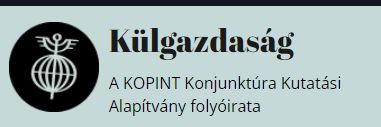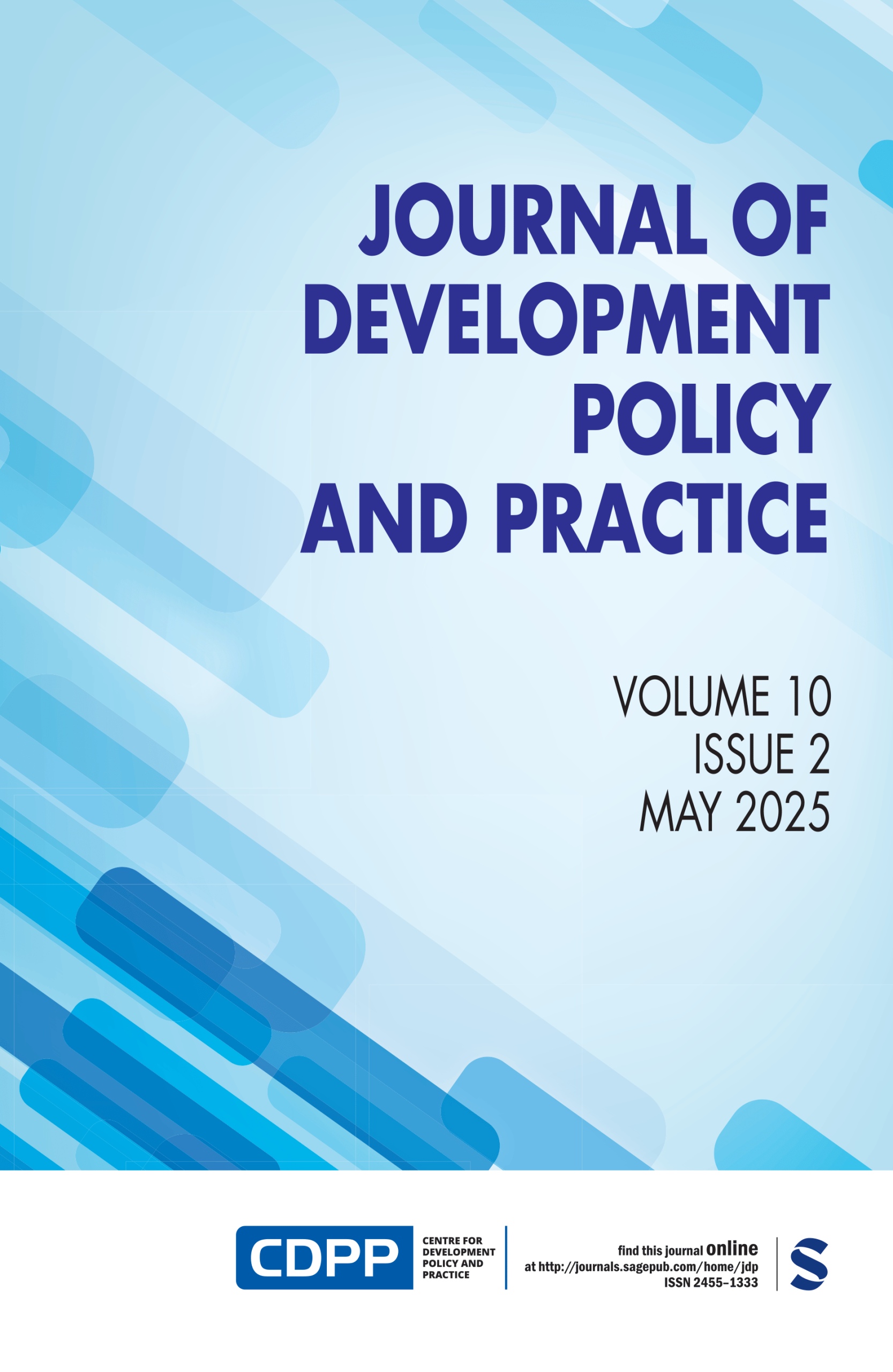Institute of World Economics together with the European Association of Development Research and Training Institutes (EADI) and the Budapest Business School organize an international workshop (in hybrid form).
The workshop entitled “Global Value Chains and Multinational Corporations – how do they relate?”
Date: December 9-10, 2021
GVC 2021 – Programme
Global value chains have been proliferating in the global economy, and embrace the activities of an increasing number of industries and more and more locations in an increasing number of countries.
Without including global value chains in the analysis, we cannot really understand numerous developments in the world economy. Multinational companies are the key and leading actors in global value chains.
In spite of this fact, and due to the need for new type of (linked) data to cope with the realities of the world economy, which need is only partially fulfilled, there is a lack of empirical analysis and evidence on the role of multinational companies in today’s global economy and global value chains.
The workshop is aimed to filling this gap. We would like to invite researchers and scholars dealing with related issues, either through qualitative or quantitative or mixed methodological approaches.










